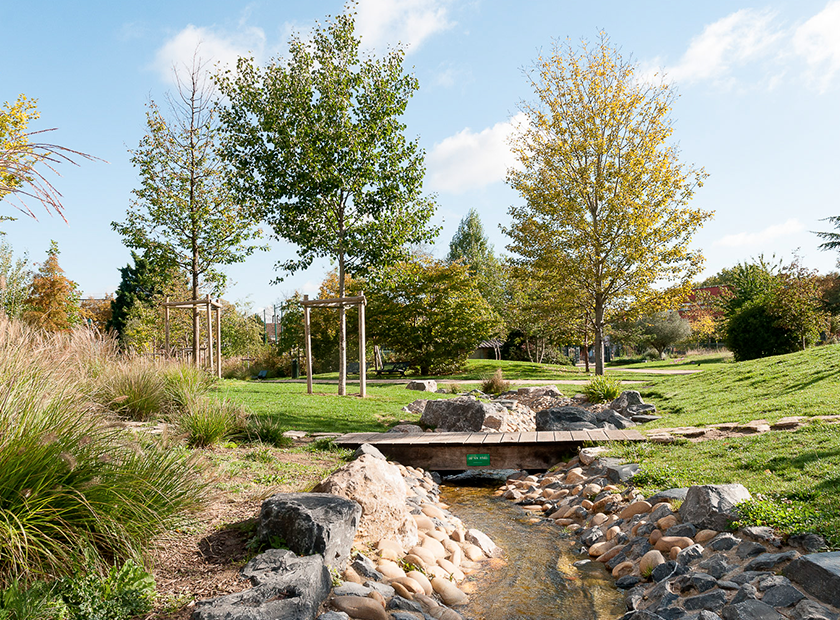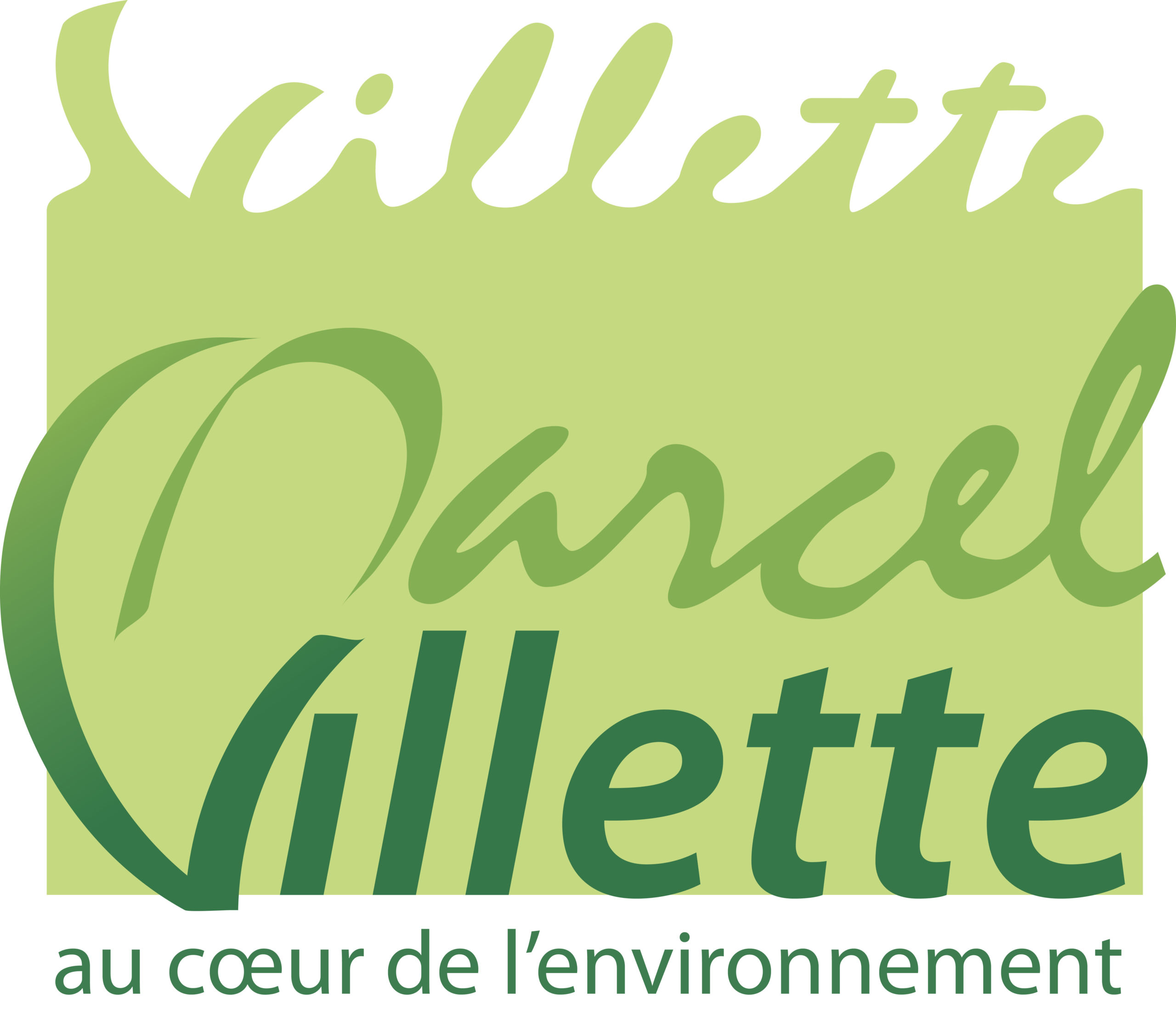-
ExpertiseImpact
-
FundWCP IMPACT DEV #1
-
StatusIn portfolio
-
Geographical areaFRANCE
-
Business sectorGreen space development and maintenance
Company overview
Founded in 1929 by Marcel Villette, the Marcel Villette Group is a regional leader in the development and maintenance of green spaces.
Thanks to its historical know-how, the Marcel Villette Group carries out complex projects with local authorities and private players, such as the National Library of France, the headquarters of the Île-de-France region in Saint-Ouen, the Jardin d’Acclimatation in Paris and more recently the redevelopment of the Porte-Maillot and the surroundings of the Champs-Élysées.
Operating under different brands, namely: Marcel Villette, Design Parcs and Vertige for landscaping and maintenance, the group has diversified into pruning with the UrbanElag and Jard’Eco brands as well as in the installation of playgrounds and sports fields through the IFR brand. Based in Gennevilliers, the group now has more than 300 employees in 7 agencies in the Île-de-France region, and has numerous environmental certifications.
Our approach
With the support of Weinberg Capital Partners’ Impact team, the Marcel Villette Group intends to accelerate its consolidation policy in order to strengthen its market share in the Île-de-France region (development, maintenance and pruning), expand its presence in new regions and complete its range of businesses (irrigation, ecological engineering), by continuing its structuring. Our ambition is to support the Group in its expansion phase while strengthening its capacity to develop greening and preserve biodiversity.
In June 2025, Marcel Villette completed the acquisitions of Soisy Arrosage and Jardins de l’Orangerie. These transactions strengthen the group’s diversification in two promising segments: the installation and management of irrigation systems with Soisy Arrosage, and the development of rooftop terraces and indoor-outdoor gardens with Jardins de l’Orangerie.
Making a difference
The Marcel Villette Group’s activity responds to major environmental challenges by integrating solutions adapted to climate change. Among its initiatives, the renaturation of urban and peri-urban spaces contributes to improving CO2 absorption, regulating temperature in densely populated areas and promoting the preservation of biodiversity.


